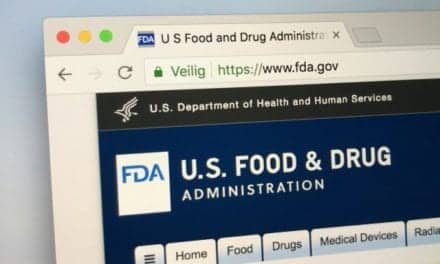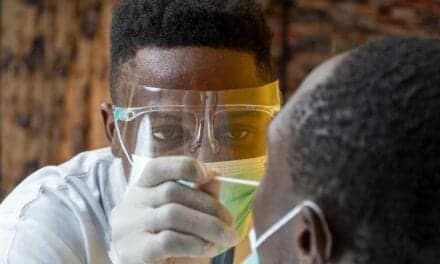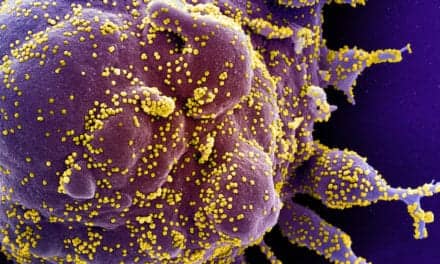Biodesix, Boulder, Colo, has begun droplet digital PCR (ddPCR) testing for SARS-CoV-2, the virus that causes covid-19, and will submit a request for for FDA emergency use authorization (EUA). Initially, Biodesix is receiving samples from local health systems, hospitals, and clinics in Colorado. The Biodesix laboratory currently has the capacity to process 1,000 covid-19 tests per day, providing results in as little as 48 hours.
On March 20, Biodesix announced a partnership with Bio-Rad Laboratories, Hercules, Calif, to bring a covid-19 ddPCR test through FDA to support the escalating need for testing in the United States. The launch follows publication of two studies reporting that ddPCR testing showed superior sensitivity and precision for clinical detection of SARS-CoV-2 when compared to existing test methods that are performed using qPCR.1,2 The findings suggest that the ddPCR technology can reduce false-negative results of covid-19 testing without any increase in false-positive results, and could be a powerful complement to the current standard of testing.
“Some of the most significant challenges that hospitals are dealing with are centered on testing and caring for patients suspected to have covid-19. Hospitals are finding severe shortages of testing supplies and extended waits for test results,” says Scott Hutton, CEO of Biodesix.3 “The Biodesix mission is always to be patient-centric, and we felt compelled to use our technology and expertise in response to the devastating virus that causes covid-19. It is our belief that introducing the most sensitive test possible will aid in stopping the spread of the virus, as it will reduce the number of false-negative test results.”
For more information, visit Biodesix.
References
1. Suo T, Liu X, Guo M, et al. ddPCR: a more sensitive and accurate tool for SARS-CoV-2 detection in low viral load specimens [online]. MedRxiv. Posted March 6, 2020; doi: 10.1101/2020.02.29.20029439.
2. Dong L, Zhou J, Niu C, et al. Highly accurate and sensitive diagnostic detection of SARS-CoV-2 by digital PCR. MedRxiv. Posted March 30, 2020; doi: 10.1101/2020.03.14.20036129.
3. Hospital Experiences Responding to the Covid-19 Pandemic: Results of a National Pulse Survey, March 23–27, 2020 [online]. Washington, DC: Office of the Inspector General, US Department of Health and Human Services, 2020. Available at https://oig.hhs.gov/oei/reports/oei-06-20-00300.pdf. Accessed April 14, 2020.
Featured image: Colorized scanning electron micrograph of an apoptotic cell (purple) heavily infected with SARS-CoV-2 virus particles (yellow), isolated from a patient sample. Image captured at the NIAID Integrated Research Facility in Fort Detrick, Md. Photo courtesy NIAID.






